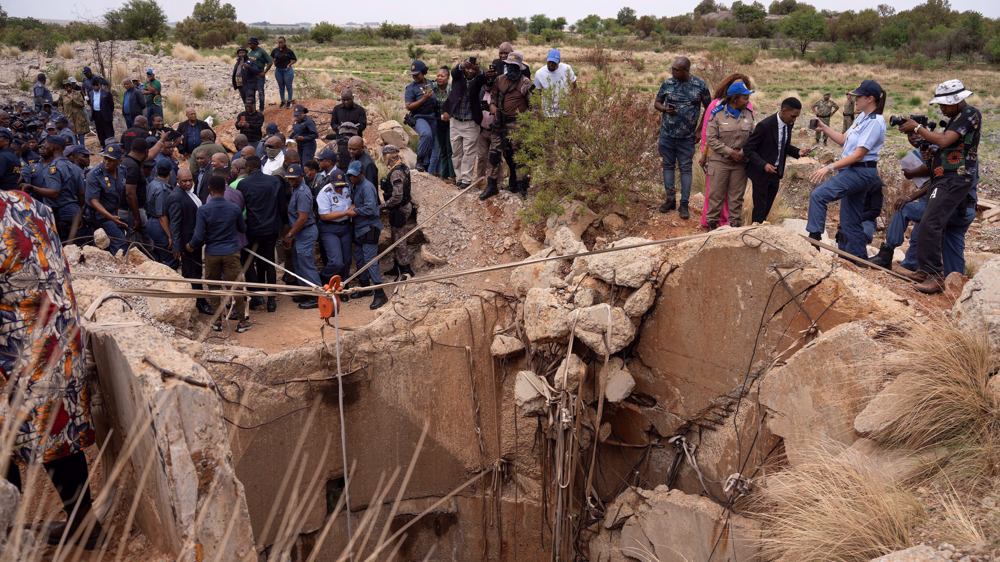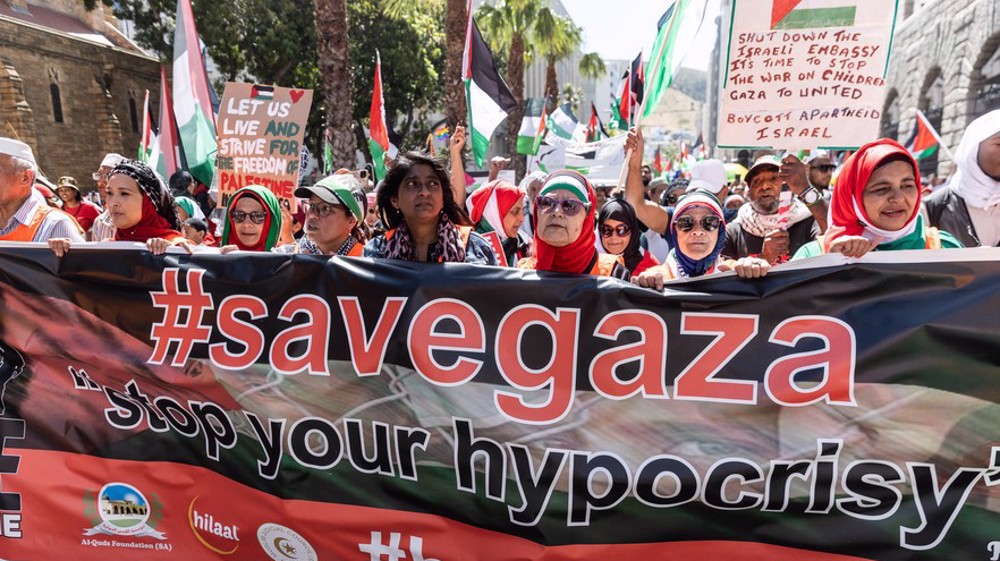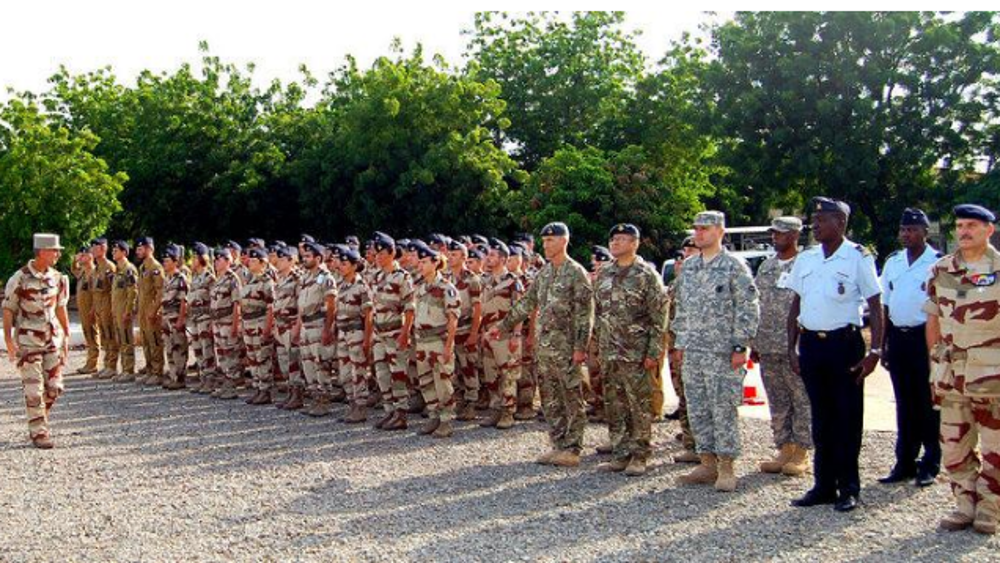Militants use sexual violence as weapon of war in CAR: Human Rights Watch
Human Rights Watch (HRW) says armed groups in the Central African Republic (CAR) have used rape and sexual slavery as a weapon of war in the conflict gripping the country.
In a report published on Thursday, the New York-based rights group documented 305 cases of rape and sexual slavery carried out against 296 women and girls from early 2013 to mid-2017.
The report said the abuses may amount to “crimes against humanity and war crimes,” adding that the number was undoubtedly much higher as stigmatized victims refused to seek justice.
The CAR has been the scene of deadly violence due to political instability since March 2003, when Seleka militants ousted President Francois Bozize and provoked deadly reprisal attacks by a militia group known as anti-Balaka.
The violence between the two groups has led to thousands of deaths. More than a million people have fled their homes, and 2.4 million others are in need of emergency food aid.

The HRW said the two parties involved in the conflict used sexual assaults as revenge against women and girls believed to be supporting the other side of the sectarian divide.
“Armed groups are using rape in a brutal, calculated way to punish and terrorize women and girls,” said Hillary Margolis, the women’s rights researcher at HRW. “Every day, survivors live with the devastating aftermath of rape, and the knowledge that their attackers are walking free, perhaps holding positions of power, and to date facing no consequences whatsoever.”
The Thursday report said some of female victims had been held as sexual slaves for up to 18 months in captivity and often subjected to repeated rape by multiple men, while others were taken as militants’ “wives” and forced to cook, clean, and collect food or water.
Most victims said they had not received post-rape medical or mental health care such as drugs to prevent HIV and unwanted pregnancy, citing a lack of health facilities, the cost of services or transport, and misconceptions about available services.
Thirteen women out of the 296 survivors interviewed said they had been children at the time of the attacks and become pregnant as a result of the rapes, according to the HRW.
“During attacks, fighters whipped women and girls, tied them up for long periods, burned them, and threatened them with death,” the HRW report said, adding that survivors reported injuries ranging from broken bones and smashed teeth to internal injuries and head trauma.

“There needs to be a strong and urgent message in the Central African Republic that rape as a weapon of war is intolerable, that rapists will be punished, and that survivors will get the support they desperately need,” Margolis said. “Even in a conflict zone, the government and international institutions can and should work to make services available to all rape survivors now, and put rapists on the path to accountability.”
The United Nations and other rights groups, such as Amnesty International, have also documented widespread killings and rapes of civilians by the militants in the CAR.
The HRW has called on the UN peacekeeping mission in the CAR (MINUSCA) to help authorities investigate cases of sexual violence and arrest those responsible for the crimes.
The UN has 12,350 troops and police forces on the ground to help protect civilians and support the government of President Faustin-Archange Touadera, whose election last year helped significantly contain the inter-communal violence.

On September 22, the CAR’s president urged the UN to send more peacekeepers to his conflict-ridden country and ease an arms embargo in the way of equipping his weak army.
International observers warn that the country is now approaching the levels of violence seen at the height of the conflict in 2014, as more than 600,000 people have fled violence within the CAR and a further 500,000 have crossed borders as refugees.
Jan. 15: ‘Axis of Resistance’ operations against Israeli occupation
VIDEO | US fires: Criticism mounts over govt. failure to respond
VIDEO | Fears, hope in Gaza amid intensified ceasefire efforts
VIDEO | Press TV's news headlines
Hamas: Ceasefire agreement result of steadfastness, resistance in Gaza over 15 months
Hamas thanks Iran, Resistance Front following achievement of ceasefire in Gaza
'Capitulation': Israeli officials and media concede Gaza defeat as truce unfolds
'Gaza has won': Social media users react to ceasefire with mix of relief, joy










 This makes it easy to access the Press TV website
This makes it easy to access the Press TV website